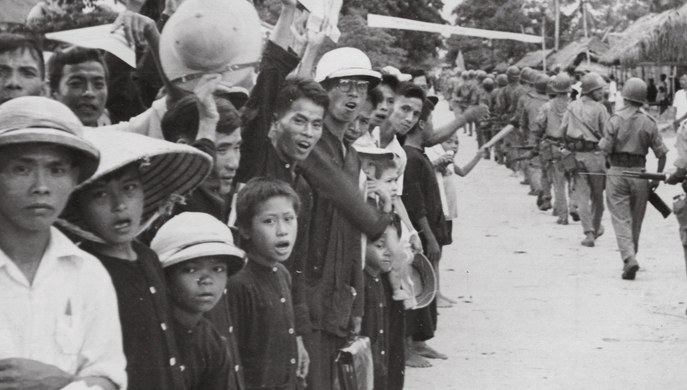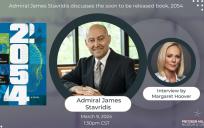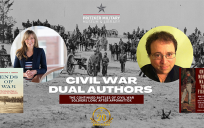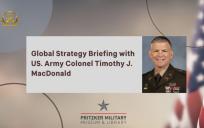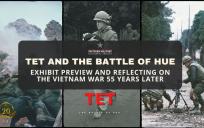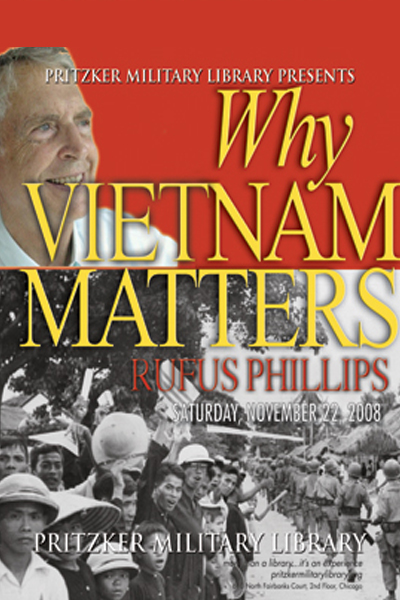
Record date:
Rufus Phillips: Why Vietnam Matters: An Eyewitness Account of Lessons Not Learned
As the new Vice President, Lyndon Johnson came away from his first cabinet meeting impressed. Kennedy, he thought, had put together a brilliant team. However, the Speaker of the House, Sam Rayburn, had word of caution for his old friend and fellow Texan:
"You may be right and they may be every bit as intelligent as you say," Rayburn said, "but I'd feel a whole lot better if just one of them had run for sheriff once."
In 1954, as a young Army officer detailed to the CIA with little experience, Rufus Phillips became a member of what was then called the Saigon Military Mission - several years before America's military involvement in Vietnam became a matter of public record. He worked directly under Col. Edward Lansdale, the Air Force officer working for the CIA who was responsible for managing the U.S. presence and advising the nascent South Vietnamese government of President Ngo Dinh Diem - trying, for example, to convince Diem to post realistic-looking election results. As the war progressed and America's involvement deepened, Phillips led counterinsurgency efforts and won the CIA's Intelligence Medal of Merit for his work; later, he became a consultant for the State Department and served as an adviser to Vice President Hubert Humphrey until the 1968 election.
Reflecting now, Phillips regrets that "we failed to communicate with or understand the Vietnamese on a human level." Why Vietnam Matters finds lessons not learned from Lansdale's struggles to convince a dismissive Robert S. McNamara that the human side of the war, the attitudes and spirit of the Vietnamese people, represented an "x factor" not accounted for in the array of statistics and calculations assembled by the Secretary of Defense and other members of President Kennedy's "best and brightest". Vietnam was lost, in Phillips' mind, for failure to give the Vietnamese people a political cause worth fighting for - and, in a review of today's wars in Iraq and Afghanistan, he finds those lessons still not fully learned.
